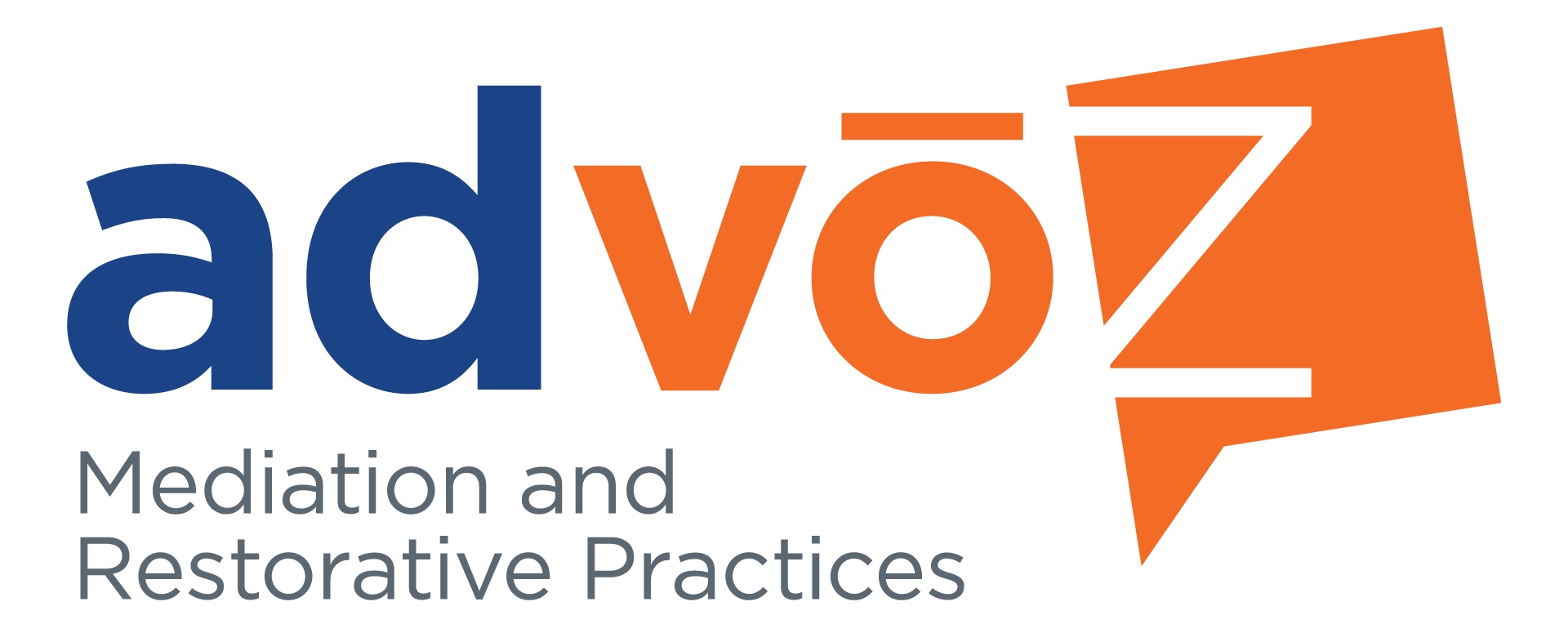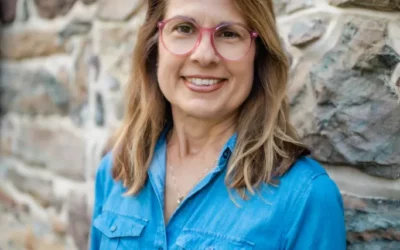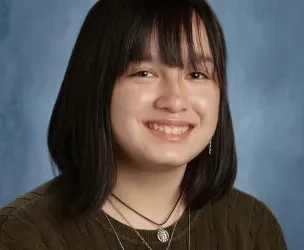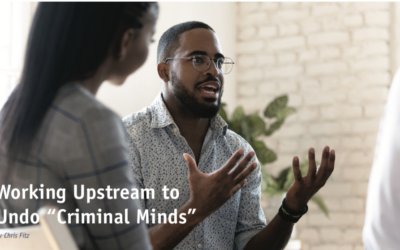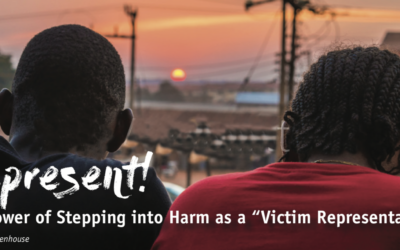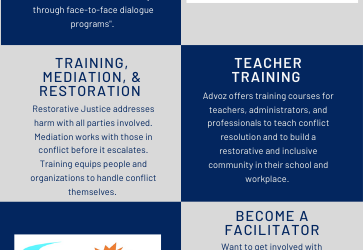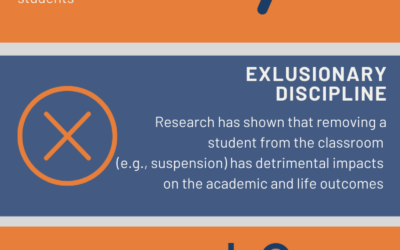As a self-proclaimed Sociology nerd, I have come to understand that I look at the world through a certain lens. I recognize that I am constantly watching people’s behavior, looking for patterns or looking to see how their behavior fits into patterns already being studied in the world of Sociology. Because of this, for the past ten weeks, I have been looking for various patterns in the world of mediation at Advoz, and I have found one that really sticks out for me.
Early in my internship, I remember going to the courthouse with Mila to greet parties for a mediation. Prior to this, she had given me directions to not bring my cell phone, as it was a new rule in the Lancaster County Courthouse that no cell phones are allowed. I listened, but still forgot to leave it in the office. I remember feeling frantic and nervous when we got to the courthouse and I realized it was still in my back pocket. I had totally forgotten it was there because it is habitual to have it with me at all times. This got me thinking about why phones were banned for the general public, and the best I can come up with is that they are a distraction and pull individuals out of the present and into a world on the screen.
As I have gone to the courthouse more and more times, I consistently see someone at the head of the line to go through security with a phone in their hands arguing with the guard about this rule. This made me think further about how engrained it is in society to have a phone with us everywhere, and how disruptive it can be when told we are not permitted to have them.
Finally though, upon observing some mediation sessions, I realized how powerful not being allowed to have cell phones in the courthouse really is, especially for the work that Advoz does. The mission of Advoz is “[t]o transform conflict and build community through face-to-face dialogue programs”, and face- to- face dialogue is only really possible when there are no distractions, like a cell phone present. So, the rule that cell phones are not allowed in the courthouse from my point of view has led to a very positive unintended consequence for mediation. By not having a phone available as a clutch to alleviate stress during mediation, clients are put in a position where they must speak with one another in order to reach an agreement. With this, I have become even more conscious in my everyday life to put my phone away when I am having a conversation with others; I have continued to learn how powerful it is to give someone your full attention and have seen how beneficial it is in terms of communication. It is something that I will continue to practice in both my personal and professional life, and something that I hope to inspire those around me to practice. It is in many ways a trivial change to make, but I believe that it is change that can aid in fulfilling Advoz’s mission to “build community through face-to-face dialogue.”
